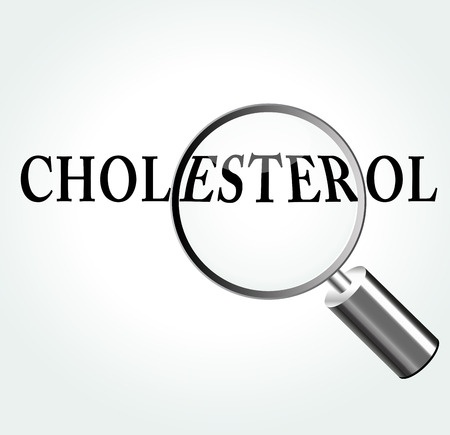
Does low cholesterol intake affect your mental health? … You might be surprised that low cholesterol levels are not that uncommon. Here we discuss the ramifications of low cholesterol on mental health.
Low Cholesterol & Your Mental Health
Cholesterol
Having balanced levels of cholesterol is pivotal to your health. According to the World Health Organization, low cholesterol is associated with higher mortality rates from all causes.
Cholesterol can come from the diet but it is also made in the liver. Cholesterol is a necessary building block for steroid hormones (adrenal hormones, sex hormones) and cell membranes which include the brain cell myelin sheath.
Your body is dependent on cholesterol for fat digestion (bile production), fat assimilation (for vitamins D, E, A, and K and for reducing acid reflux), toxin removal, anti-inflammatory mechanisms (cholesterol is a free radical scavenging antioxidant), and for immune support (autoimmune disease, and infection risk including higher likelihood of parasitic infection).
Low Cholesterol: Mental Health Ramifications
Three of the most important low cholesterol issues that affect your mental health are inflammation (oxidative stress), steroid hormone deficiency, and bile salt deficiency. Bile salt deficiency aspects are described in my blog series on cholesterol.
Low Cholesterol Inflammation (Oxidative Stress) & Mental Health
Cholesterol inhibits the formation of pro-inflammatory leukotrienes, immune-signaling fats that initiate free radical damage in the brain and body. Cholesterol as a potent anti-inflammatory and tamer of free radicals positions itself as an essential metabolite for maintaining mental health.
Inflammation (Oxidative Stress) Syndromes: The BodyMindLink
Inflammatory theories of oxidation on various brain molecules are associated with a global array of mental health conditions ranging from mood (depression) and behavior disorders (autism, ADD, OCD, PTSD) to schizophrenia (psychosis) and age-related memory decline (mental performance) to Alzheimer’s disease. From a general health perspective, poor anti-inflammatory regulation also predisposes us to poor immune function and infections. Dr R. Kelly, a John Hopkins research doctor, and colleagues, have found cholesterol supplementation pivotal in the treatment of autistic cases with genetic cholesterol metabolism compromise (SLOS).
Steroid Hormone Deficiency & Mental Health
Cholesterol is the main building block of steroid hormones including cortisol, DHEA, estrogen, progesterone, testosterone, aldosterone, and pregnenolone. Here we will focus on cortisol, progesterone, and estrogen.
Without the adrenal hormone cortisol, you lack anti-inflammatory mechanisms needed when the immune system over-reacts as during an infection or an auto-immune attack. If you do not make or regulate cortisol you cannot respond to stress appropriately which can cause adrenal burnout and fatigue and secondary thyroid burnout. Low thyroid syndromes affect your mental and general health.
Teenage and adult females with low progesterone are prone to depression and menstrual imbalances (PMS, PCOS, PMDD). Females with low estrogen are prone to poor sexual development, poor bone growth, and poor brain function.
Steroid Hormone Deficiency Syndromes: The BodyMindLink
Steroid hormone deficiency is also associated with depression, immune system compromise, female health compromise, exhaustion, adrenal burnout, and low thyroid syndromes.
Good Dietary Sources of Cholesterol
Eggs and animal meat (especially chicken and beef) are the best sources of cholesterol. Cholesterol can also be obtained from cheese, franks, sausage, ribs, bacon, fish, grains, dairy, pasta, pizza, cold cuts, shrimp, and pork.
MindCheck provides in-depth information on Orthomolecular and Naturopathic approaches to achieving mental and general health. This series by Dr. Ray Pataracchia ND is endorsed by the Mindful Network – ‘A Better Future for Children’s Mental Health’.
The Naturopathic Medical Research Clinic offers a model targeted orthomolecular lab approach with protocols honed by the experience of nutritional archives and lab profiles that help determine the top 15 syndromes affecting your mental and physical health.
Disclaimer: Information provided is not to be used for self-assessment, diagnosis or treatment. We advise the public to discuss these topics with their health care provider or book an appointment with our Toronto clinic.
